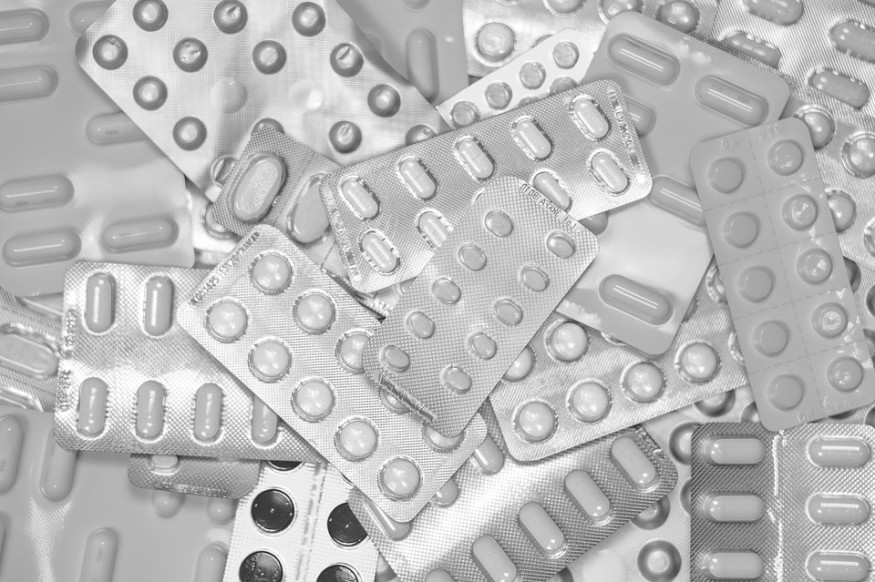
Prices spike and three cases of poisoning in Nigeria reported due to the use of chloroquine as a treatment for COVID-19. Nigeria's Center for Disease Control issued a warning, however, that the World Health Organization has not approved the use of the drug against virus and warned the public about self-medicating.
The demand for the drug also surged in Lagos, a city with a population of 20 million people, as health officials warned Nigerians against self-medicating. Oreoluwa Finnih, Senior Health Assistant to the governor of Lagos disclosed that three people were hospitalized in Lagos for chloroquine overdose. In a text message, Finnih assures people not to panic and notes that "Chloroquine is still in a testing phase in combination with other medication and not yet verified as a preventive treatment or curative option."
There were 30 COVID-19 cases in Nigeria as of March 22.
In a White House briefing last week, Trump claimed that the Food and Drug Administration evaluated chloroquine for the treatment of the coronavirus. He approved it very quickly as it showed encouraging results. The FDA stated after the briefing that it had not approved the drug for COVID-19 treatment, and is still evaluating its effectiveness against the disease.
Stocking of Medicine
After White House briefing, Nigerians stock up on said medication, and a subsequent spike in the price of as much as 400% took place in minutes. Meanwhile, in the U.S., a 'run on the drug' caused a shortage of this lupus and malaria medicine.
ProPublica's Charles Ornstein reported that people with no known illness are stocking up in case they get the disease, and that leaves lupus and rheumatoid arthritis patients short of medication. He furthers that taking more potent drugs to suppress their immune system could render them vulnerable to more severe consequences in case they get COVID-19.
Price Spike
Kayode Fabunmi, a Lagos-based lawyer, relayed that pharmacists would say to every incoming customer that Donald Trump said this medicine cures coronavirus. The price would continue to soar. The original price was at 200 naira (around 50 cents); then it becomes 500 naira ($1.38), and then 1,000 naira.
Still, the Lagos State Health Ministry says there is no "hard evidence that chloroquine is effective in the prevention or management of coronavirus infection."
Use of Chloroquine
Chloroquine is used to treat malaria, lupus, and rheumatoid arthritis.
Malaria is an endemic disease in Nigeria and other parts of Africa, and for many years, it was commonly treated with chloroquine. However, at least 40 countries, including Nigeria, have phased it out as a frontline antimalarial drug and replaced it with other medications with widespread resistance.
Doctors in China, the United States, and other countries have reportedly used the drug experimentally to manage COVID-19, but there is not enough clinical evidence of its effectivity.
According to Dr. Michel Yao, an Africa emergency response program manager for the World Health Organization, the WHO's position that any medication should be based on evidence is clear. He added that for now, WHO has no evidence from any trials that would allow WHO to make a formal recommendation.
© 2025 NatureWorldNews.com All rights reserved. Do not reproduce without permission.





